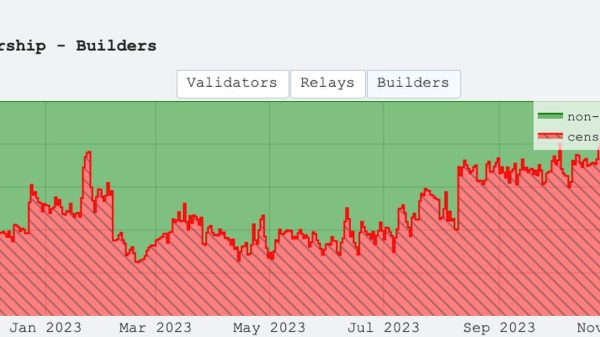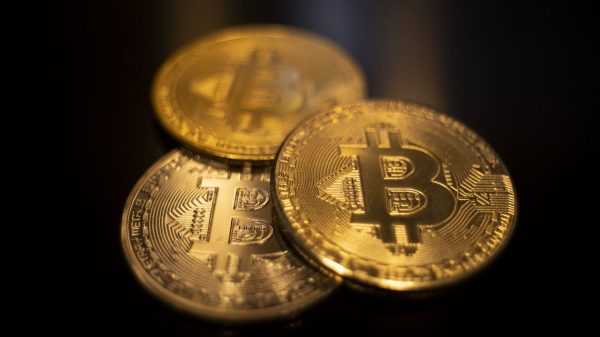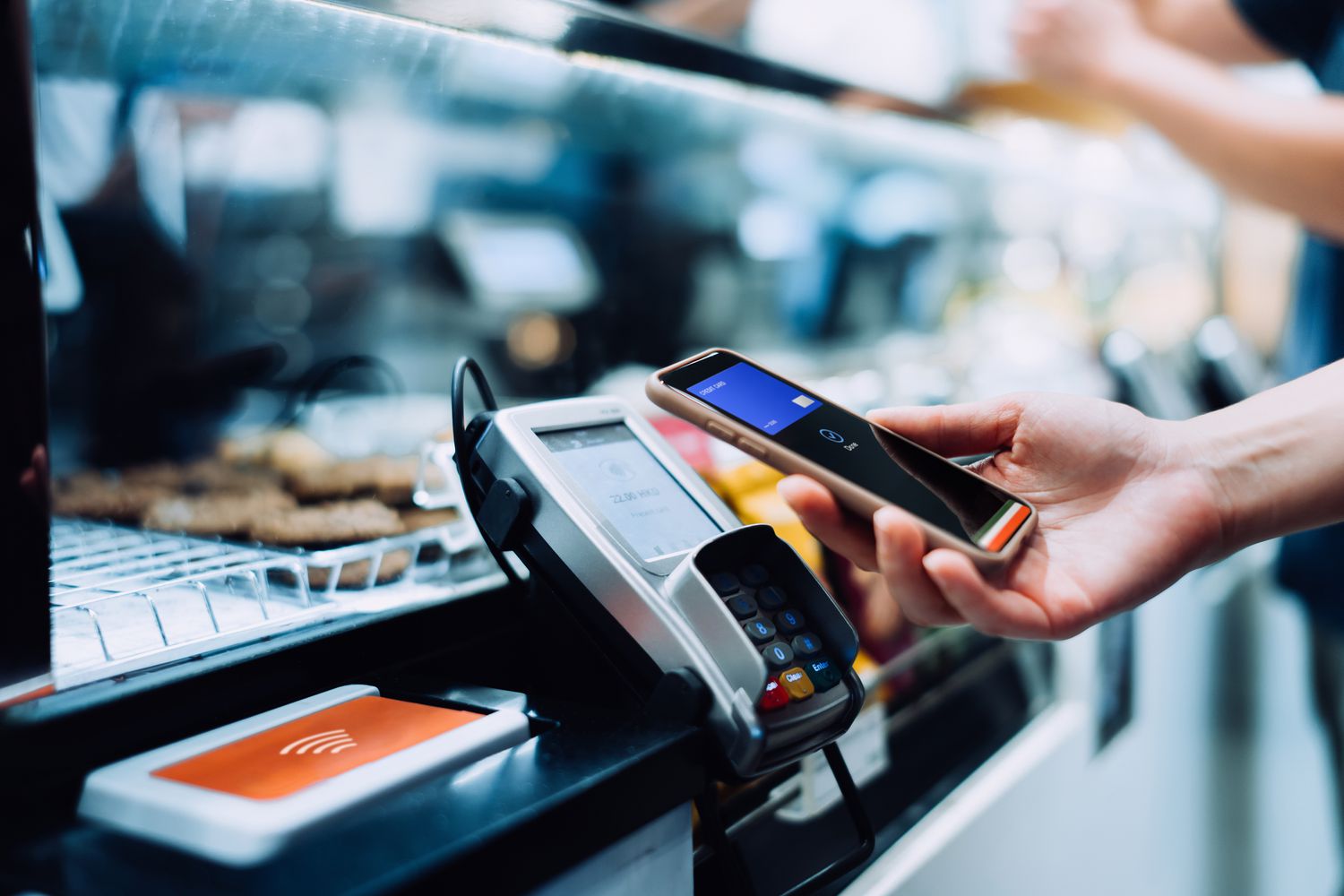Key Findings on CBDС Adoption
Up to 93% of the world’s central banks are exploring digital currencies, with a significant number expected to launch by 2030, according to a survey by the Bank for International Settlements (BIS).
Survey Insights
- More than 90% of central banks worldwide are involved in CBDС-related work.
- By 2030, around 15 retail CBDСs may be introduced for public use.
- 60% of surveyed banks attribute the acceleration of CBDС development to the rise of cryptocurrencies.
Understanding CBDСs
CBDСs are digital currencies issued by a country’s central bank, distinct from cryptocurrencies as they are backed by a central authority and tied to fiat currency.
Types of CBDСs
Retail CBDСs are accessible to the public for transactions, while wholesale CBDСs are reserved for interbank and institutional transactions.
- Retail CBDСs represent a claim on the central bank, unlike other cashless payment methods.
- Wholesale CBDСs facilitate transactions between financial institutions, akin to bank reserves but with added tokenization and programmability.
Global Adoption Trends
Over 90% of central banks are actively researching, testing, and engaging stakeholders on CBDСs.
Increased interest in CBDСs is attributed to the growing popularity of cryptocurrencies and stablecoins.
Recent Developments
Several central banks, including those in the Bahamas, Jamaica, Eastern Caribbean, and Nigeria, have already issued retail CBDСs, with more planning to follow suit.
The Swiss National Bank and the European Central Bank are among those planning to introduce wholesale and retail CBDСs, respectively.
Public-Private Collaboration
Central banks are partnering with the private sector for CBDС distribution, exploring the use of private intermediaries for wider adoption.
Innovative proposals by banks like BOE, ECB, and Reserve Bank of India suggest private sector involvement in distributing digital currencies.
Challenges in the U.S.
While the U.S. government acknowledges the benefits of a CBDС, opposition from lawmakers, such as Senator Ted Cruz, poses a challenge to its implementation.
Congressional concerns revolve around privacy issues and the potential for government surveillance through a digital currency system.


































